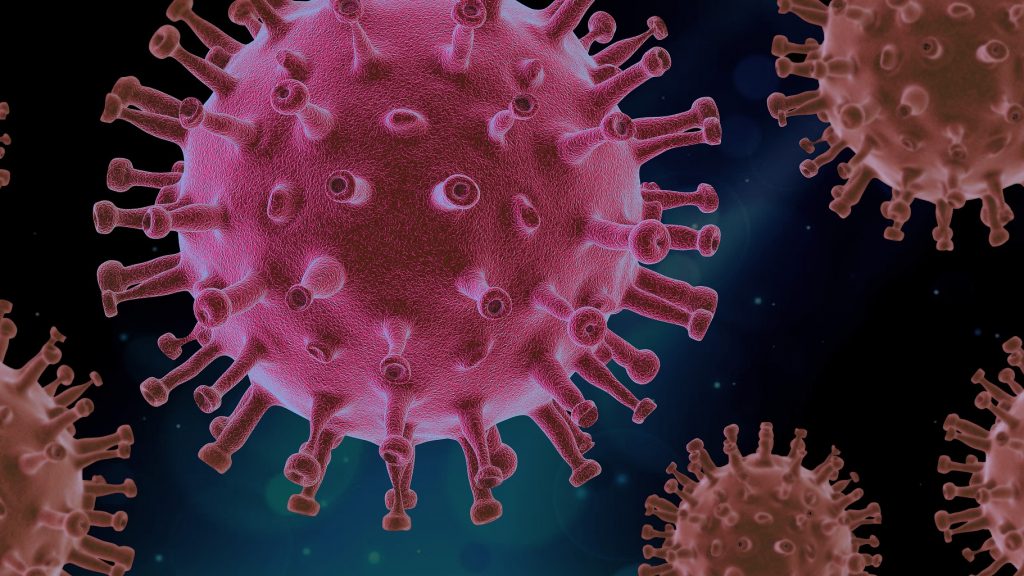The COVID-19 research findings in Africa

The following are research based scientific facts compiled by Prof. Josphert N. Kimatu, a Molecular Epigenetics specialist at South Eastern Kenya University (SEKU) related to COVID-19 in Africa.
These research findings are to inform African leaders to urgently open the economies and education sectors while maintaining the precautions of keeping the elderly and the most vulnerable people with chronic illnesses less exposed to the SARS CoV-2.
The facts as compiled by Prof Kimatu are as below:
- Studies show that Africa has weathered the pandemic relatively well so far, with fewer than one confirmed case for every thousand people and just 23,000 deaths so far. That is 1:1000 persons.
- Antibody surveys show that far more Africans have been infected with the coronavirus and are now resistant to it as per immunologist Sophie Uyoga at the Kenya Medical Research Institute–Wellcome Trust Research Programme.
- One in 20 Kenyans aged 15 to 64, that is 1.6 million people have been found to have antibodies against SARS-CoV-2, an indication of a past infection. That is 1:20 persons show immunity (5%).
- Kenya’s hospitals are not reporting huge numbers of people with COVID-19 symptoms.
- A survey of 500 asymptomatic health care workers in Blantyre, Malawi, immunologist Kondwani Jambo of the Malawi–Liverpool Welcome Trust Clinical Research Programme and colleagues concluded that up to 12.3% of them had been exposed to the coronavirus. This shows Immunity.
- A survey of about 10,000 people in the northeastern cities of Nampula and Pemba in Mozambique found antibodies to SARS-CoV-2 in 3% to 10% of participants. This shows Immunity.
- Based on findings and mortality ratios for COVID-19 elsewhere in the world, scientists have estimated that the reported number of deaths in Blantyre in Malawi is eight times lower than expected. Yes, 8x lower.
- A survey of about 10,000 people in the northeastern cities of Nampula and Pemba in Mozambique found antibodies to SARS-CoV-2 in 3% to 10% of participants. This shows immunity.
- Yap Boum, a microbiologist and epidemiologist with Epicentre Africa, the research and training arm of Doctors Without Borders, says he found a high prevalence of SARS- CoV2 antibodies in people from Cameroon. This shows immunity in Africa.
- Kenya tests about one in every 10,000 inhabitants daily for active SARS-CoV-2 infections, one-tenth of the rate in Spain or Canada. Nigeria, the continent’s most populous nation, tests one out of every 50,000 people per day. Even many people who die from COVID19 may not get a proper diagnosis. We therefore cannot wait for the testing to be complete to make a safe decision.
- The only precaution can be drawn from a study in Mozambique that, depending on a person’s occupation; a research showed that market vendors had the highest rates of infection, followed by health workers. However, in Nampula, a city of approximately 750,000 people, a mere 300 infections had been confirmed at the time.
- Marina Pollán of the Carlos III Health Institute in Madrid, who led Spain’s antibody survey, says Africa’s youthfulness may protect it. The Spain’s average age is 45 while in Kenya and Malawi, it’s 20 and 18, respectively. Young people around the world are far less likely to get severely ill or die from the virus. We however need to protect the elderly and vulnerable.
The Reasons Why Africa Is Doing Better Than Other Continents
- Africans have had more exposure to other coronaviruses (we have more than 40000 corona viruses in nature) that cause little more than colds in humans, which may have provided some extra defense against SARS-CoV-2.
- The regular exposure to malaria or other infectious diseases frequently prime the African immune system to fight new pathogens, including SARS-CoV-2, says Boum of epidemiologist with Epicentre Africa.
- A Prof of the University of Nairobi, on the other hand, added that genetic factors in Africans could be protecting the Kenyan population from the severity of the COVID-19 disease.
- Because, studies have shown that tens of millions of Africans have already been infected, there is a push for the continent to allow for “herd immunity” without a vaccine while shielding the most vulnerable population of the aged and sickly. This is still the normal acceptable norm.
- The opening of the economy and education system now in Africa is more preferable over the COVID-19 control measures that shall cripple economies and shall eventually harm public health more in the long run.
Current Research on antibodies in Africa
We have other studies going on in Africa for example, A French-funded study will test thousands for antibodies in Guinea, Senegal, Benin, Ghana,Cameroon, and the Democratic Republic of the Congo; results are expected by October 2020.Also 13 labs in 11 African countries are participating in a global SARS-CoV-2 antibody survey coordinated by the World Health Organization. Furthermore, South Africa, meanwhile, plans to conduct a number of serological studies both in COVID-19 hot spots and the general population,says Lynn Morris, who leads the country’s National Institute for Communicable Diseases.
Read the full report at: https://www.sciencemag.org/news/2020/08/pandemic-appears-have-sparedafrica-so-far-scientists-are-strugglingexplainwhy?utm_source=Nature+Briefing&utm_campaign=b6db6ce366-briefing-dy20200813&utm_medium=email&utm_term=0_c9dfd39373-b6db6ce366-45497934

